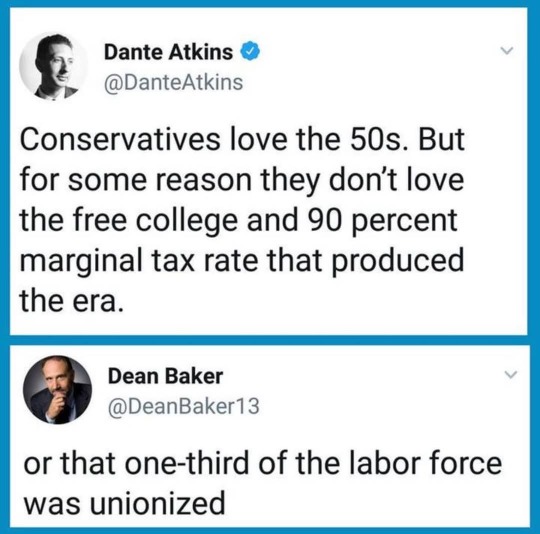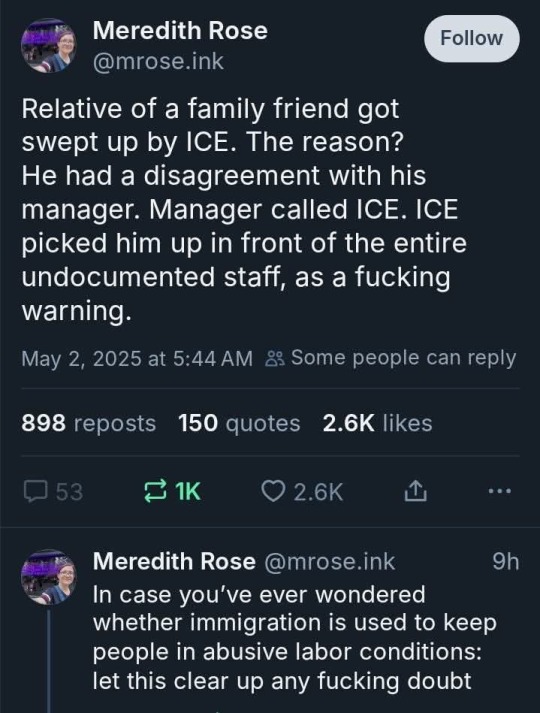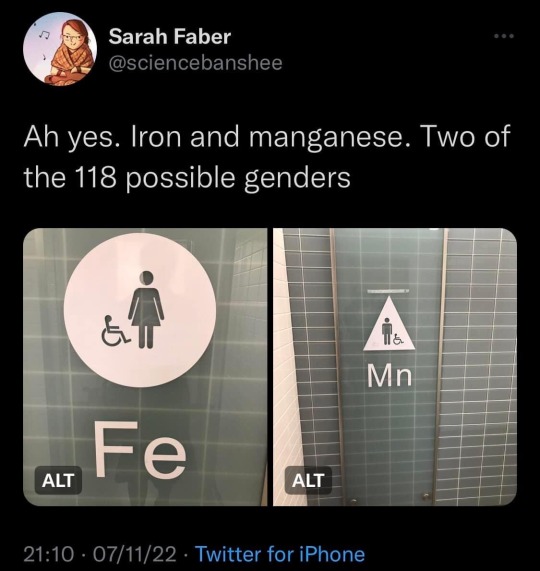Art, art, more art, fanart, writing, video games and the occasional cat. https://cara.app/ortilimew
Don't wanna be here? Send us removal request.
Text

Tax the rich. Abolish Citizens United. Recognize the class war. Respect all labor.
5K notes
·
View notes
Text

uhh mizutsune from the hit game series monster hunter not like i force people to listen to me yap about MH no way
575 notes
·
View notes
Text

it's mermay!! been kind of too tired lately but im legally obligated to draw mermaids esp during this month so here's my baby, Cove the mermaid dragon!
121 notes
·
View notes
Text


Doodles of a new Wermling fella I got another day- of whomst I named Lucius! I LOVE HIM SO MUCH AAAUGHG (Original design by MintyRad on Toyhouse!!)
17 notes
·
View notes
Text
you guys are so annoying. why do i have to see discourse every year that's like "was tolkien really a woke king or was he your conservative uncle?" the guy was a devout catholic and a genteel misogynist who maintained lifelong friendships with queer people and women, and this isn't even paradoxical because that was part of the upper-class oxford culture he was immersed in. tolkien told the nazis to fuck off (and in doing so demonstrated a real understanding of what racism is and why it's harmful, beyond simply "these guys are bad news because they're who my country is at war with right now") but his inner life was marked by internalized racism that is deeply and inextricably woven into the art that he made. he foolishly described himself as an anarcho-monarchist, and it's kind of crazy to see people on this website passionately arguing that he likely never meaningfully engaged with anarchist theory, because...yeah, no shit, of course he didn't. tolkien didn't have to engage with most sociopolitical theory because as an upper-class englishman of his position, he was never affected by any of the issues that this theory is concerned with. what is plainly obvious from reading both his fiction and letters is that tolkien's ideal political system was that the divinely ordained god-king would rise up and rule in perfect justice and humility; he didn't want a government, he wanted a king arthur, even though (obviously) he was aware that outcome was impossible. why is it so hard for people to accept that he was just some guy! his letters aren't a code you have to crack. no amount of arguing or tumblr-level analysis is going to one day reveal a rhetorically airtight internally consistent worldview spanning jrrt's fiction, academic work, and personal writings, thereby "solving" the question of whether he was a woke king or your conservative uncle. his ideology was extremely inconsistent because, at the end of the day, he was just some guy.
31K notes
·
View notes
Text

A commission for my Terboherbo on Flight Rising! :3
836 notes
·
View notes
Text
Shark week out here stacking too many conditions on me until I wanna fight god but I remember I'm an atheist and I don't believe in god so I'm just lying here being extra spicy at my wife while she plays video games
7 notes
·
View notes
Text

working on some pixel orders from fr this week, this one's my favorite i got to make so far
293 notes
·
View notes












